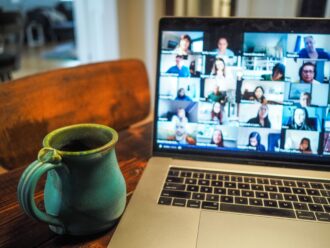
July 1, 2015
“With High Court Mum on Java Copyrights, Is Innovation Safe?,” Law360, July 1,2015
Earlier this week, the U.S. Supreme Court decided not to review the Federal Circuit ruling in Google Inc. v. Oracle America Inc. We asked our Voices of the Bar panel to share some thoughts on the implications for software innovation and interoperability. Here’s what they said …
Question: The Supreme Court has declined to hear Google v. Oracle. Many critics of the underlying Federal Circuit ruling worried that, if left in place, it would stifle innovation and harm interoperability. Do you think these concerns are valid?”
David L. Suter, Principal and Patent Attorney, Harness IP
While it’s dangerous to read much into the Supreme Court’s denial of cert in any given case, its refusal to review Google v. Oracle suggests the decision is neither so flawed nor so far reaching as many commentators suggest. The case will doubtless impact software developers looking to use Java API declaring code outside of Oracle’s licensing scheme. And, the Federal Circuit’s analysis will doubtless be cited regarding the merger and interoperability aspects of software copyrightability and infringement. Moreover, while applying Ninth Circuit law, its analysis will likely carry significant weight in software copyright litigation in other circuits, bolstered by the denial of cert.
All that said, it’s difficult to say that Google v. Oracle will unduly stifle competition, perhaps unless one’s perspective is that any successful assertion of intellectual property will constrain competition. Clearly this case will constrain those who develop software using Java APIs. On the other hand, the successful assertion of copyright in this case may prompt innovation to develop alternatives to the specific code that was found to be infringed. Such “design around” efforts may be difficult, perhaps even impossible as some have warned. But, the commercial success of the software should not, in and of itself, preclude its ability to be protected. Rather, as noted by the Federal Circuit, the ability to copyright software turns on the facts as they existed at the time it was created — not at the time of infringement.
To turn a phrase from the Federal Circuit’s decision, the “devil is in the details” as to how the facts and analysis in Google v. Oracle will impact future cases. But, given the constraints on patentability imposed by the Supreme Court in Alice v. CLS, software developers may well look to copyright as the answer, bolstered by Google v Oracle.
…


